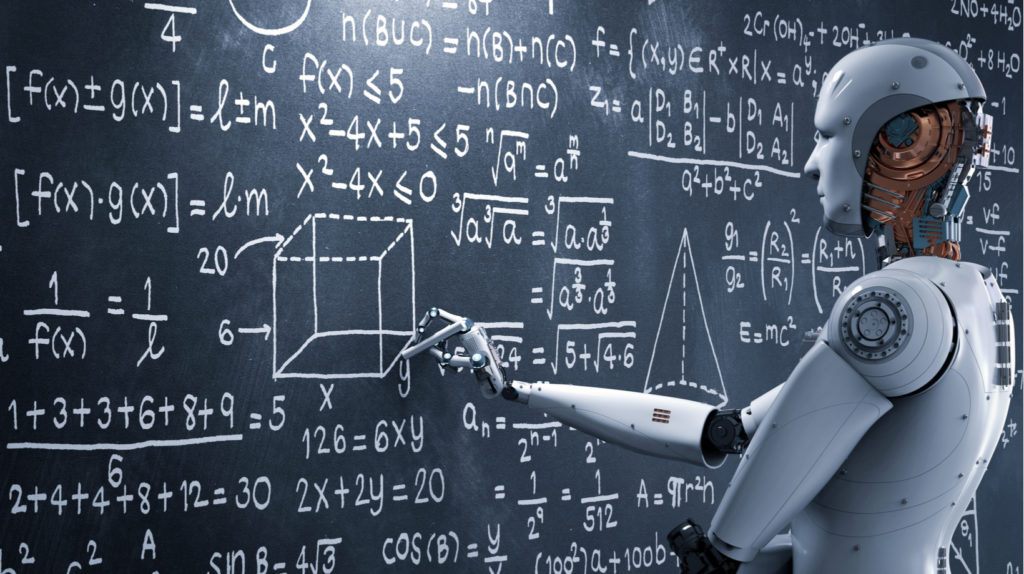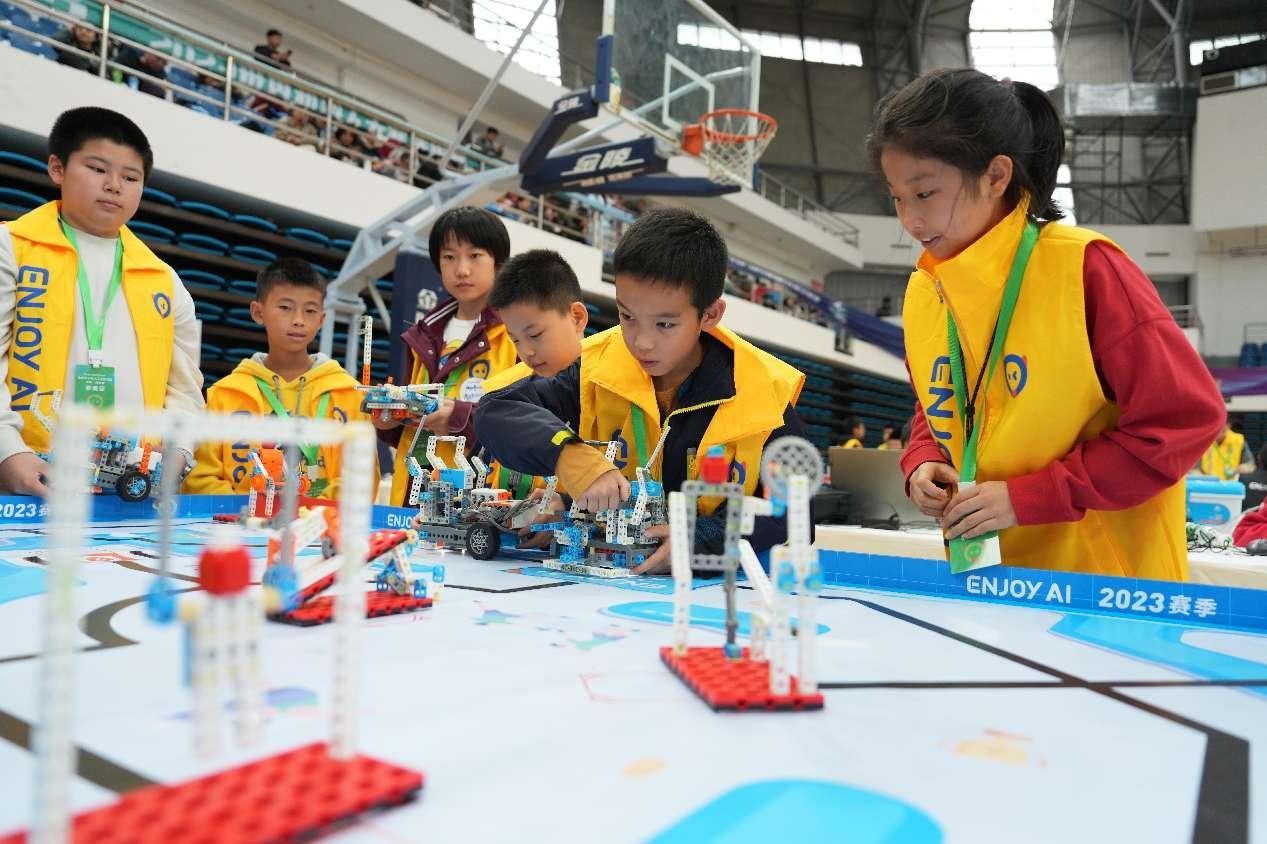AI opens up new opportunities as it closes urban-rural education gap
China is at the forefront of the AI-powered transformation that is revolutionizing various industries and aspects of daily life. Artificial intelligence is not only streamlining processes and enhancing efficiency but also creating new realms of possibilities.
Imagine a classroom where traditional blackboards have been replaced by interactive screens, and students engage with learning material through tablets instead of pen and paper. AI technology has turned this vision into reality, offering innovative learning avenues for Chinese students and bridging the digital gap between urban and rural areas.

The Impact of AI in Education
At a middle school in Guiyang, Guizhou province, English teacher Zeng Xing has witnessed the transformative power of AI in her 17-year teaching career. Leveraging a smart classroom system developed by Chinese AI giant iFLYTEK, Zeng uses teaching tablets to assign exercises to students and instantly assess their responses. The system analyzes data to provide personalized instructions tailored to each student's needs, resulting in more efficient and effective teaching methods.
Moreover, the smart classroom system enhances students' language skills by offering personalized, interactive dialogues sourced from a diverse database of English content. AI technology evaluates students' pronunciation and provides feedback, enabling them to communicate more accurately and confidently.
Huang Hui, the school head, emphasizes how AI tools have revolutionized education in remote regions like Guizhou, where geographical barriers limit access to quality educational resources. By expanding teaching materials and improving accessibility, AI plays a vital role in narrowing the education gap between urban and rural areas.
AI Beyond the Classroom
In addition to enhancing classroom learning, AI enriches students' extracurricular activities. At Tsinghua University Primary School, students engage in AI-assisted physical activities during breaks, using smart sports equipment to monitor their exercise routines through simple hand gestures.

Furthermore, AI's impact extends to higher education, with Chinese AI assistant DeepSeek gaining popularity in colleges and universities. This integration enhances research efficiency by facilitating tasks such as project design, data collection, and literature analysis, ultimately aiding in collaborative research efforts.
The Future of AI in Education
China's Minister of Education, Huai Jinpeng, recognizes the immense opportunities that the AI-led technological revolution offers for education. Plans are underway to release a white paper on AI education by 2025, aimed at equipping students with the necessary digital literacy and skills for the AI era.
In Beijing, primary and secondary schools are set to introduce a minimum of eight class hours dedicated to AI instruction per academic year, preparing students for a future driven by innovation and technology.




















